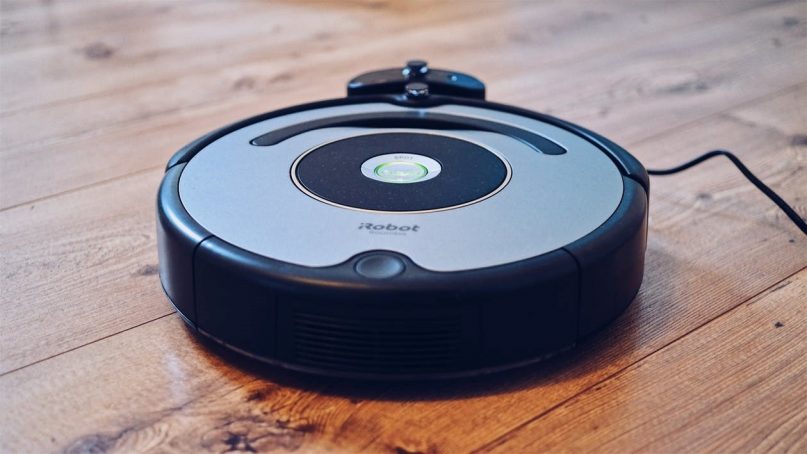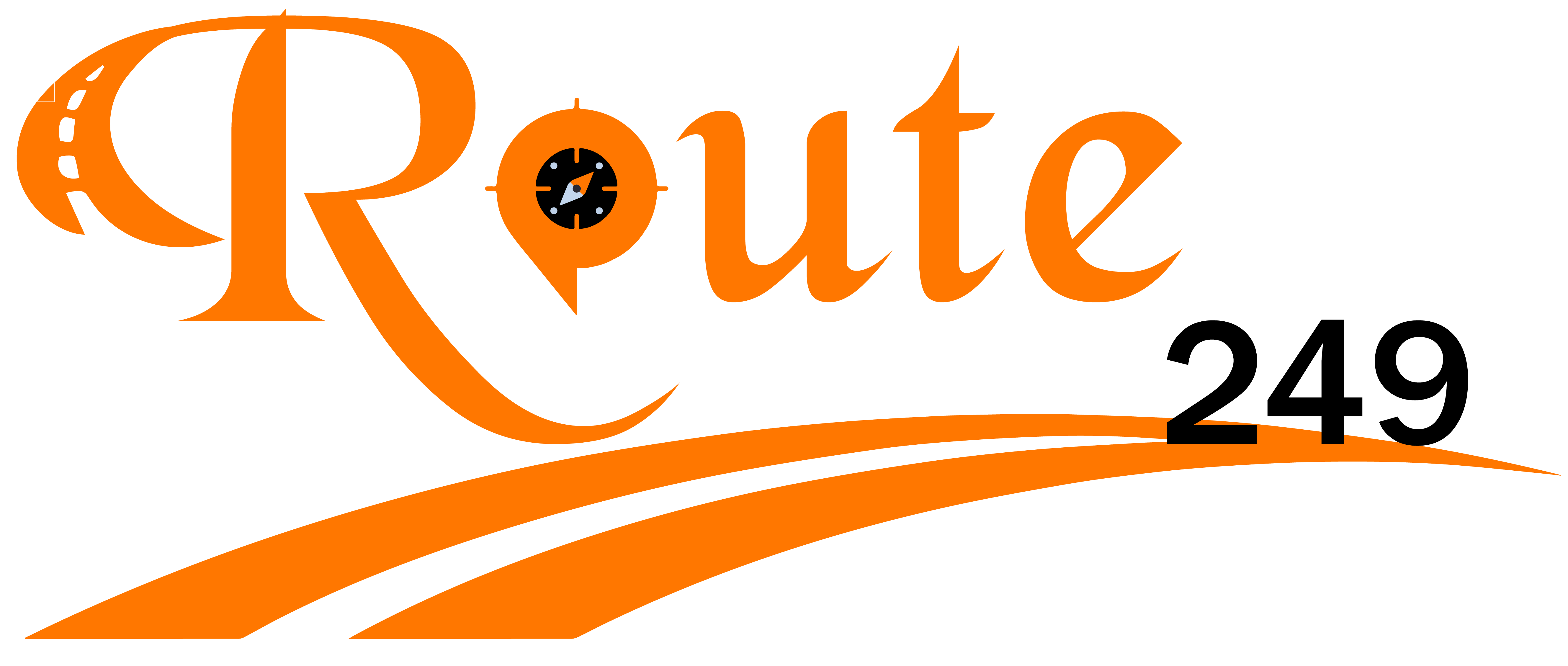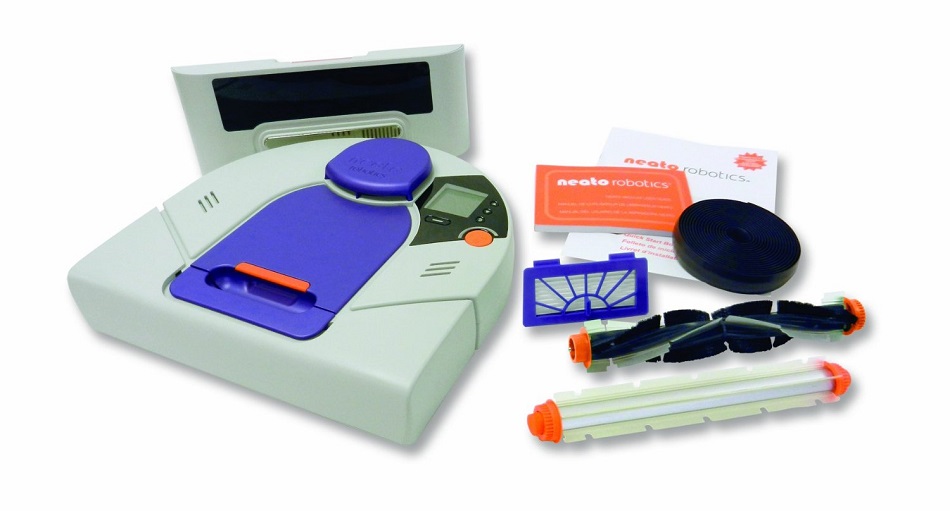
Hardwood floors are notorious for being difficult to keep clean without causing damage. Depending on the type of wood you have, you may be worried about scrapes, scratches, water damage, and warping of your hardwood.
If you’re a busy adult, it’s hard to keep up with all the chores around the house, which may have led you to consider purchasing a robot vacuum, however, if you’re worried about your hardwood floors, you may also be hesitant to invest in something that might do more harm than good.
Here is what you have to know about robot vacuums before you purchase one for hardwood floors.
- Don’t Go Cheap
Some robot vacuums can be incredibly inexpensive, with certain models coming in at under $200, but sometimes the cheapest option isn’t the best. With low-cost robot vacuums, manufacturers often skimp on things like brush quality and navigation.
If you’re serious about keeping your hardwood floors vacuumed, but don’t have the time to keep up with it yourself, you should go with what Modern Living 101 suggests, which is the Neato BotVac D7. This particular model of robot vacuum is specifically designed to be gentle, but effective on hardwood floors.
This vacuum has been around for a while but has stood the test of time. It has soft brushes that won’t damage your wood, and some of the best smart navigation capabilities the industry has to offer.
- Avoid Wet Vacs
Some robot vacuums now come paired with the ability to mop your floors as well. I’d caution you to stay away from these types of vacuums if you’re concerned about causing damage to your hardwood.
While the ability to mop your floors using a robot can be tempting, unless that robot is 100% accurate, and won’t leave any water left behind, it’s not worth risking damaging your floors.
Hardwood is particularly sensitive to water damage, and water left to sit on the surface of the floors can quickly seep down inside them, causing damage that cannot be repaired.
- You Need Soft Brushes
If you don’t want to scratch your floors, you need to do your research and make sure that the robot vacuum you choose has soft enough brushes that won’t damage hardwood floors.
Some robot vacuums have cheap plastic brush rolls, others have full rubber ones, while others have soft rolls made from fabric. Make sure to check into this feature in particular when shopping for a robot vacuum for hardwood.
- Go For A Model With Obstacle Avoidance
This comes down to the robot’s ability to navigate its environment, and stop itself if it gets stuck. Not all robot vacuums will shut off when they get jammed, and this can result in the robot dragging around debris along your floors.
- Watch Your Vacuum The First Couple of Times It Runs
The best way to make sure that the vacuum isn’t causing damage to your wood floors is to watch it run once you get it. Many manufacturers have great return policies if you find out that the vacuum you bought is too rough for your floors.
Make sure you keep an eye on it while it runs so you can stop it if you see it causing any issues.
Closing Thoughts
Hardwood floors are sensitive and require special care when cleaning. Most robotic vacuum cleaners today can be used on everything from tile to carpet, and hardwood as well. However, this doesn’t mean you shouldn’t do your research.
If you’re considering a robot vacuum for your wooden floors, make sure they have soft brush rolls, intelligent navigation, and don’t double as a mop.







